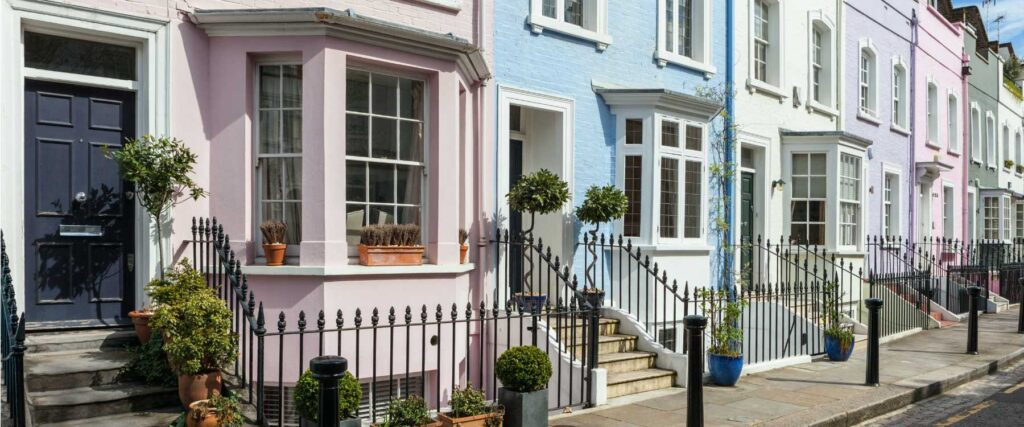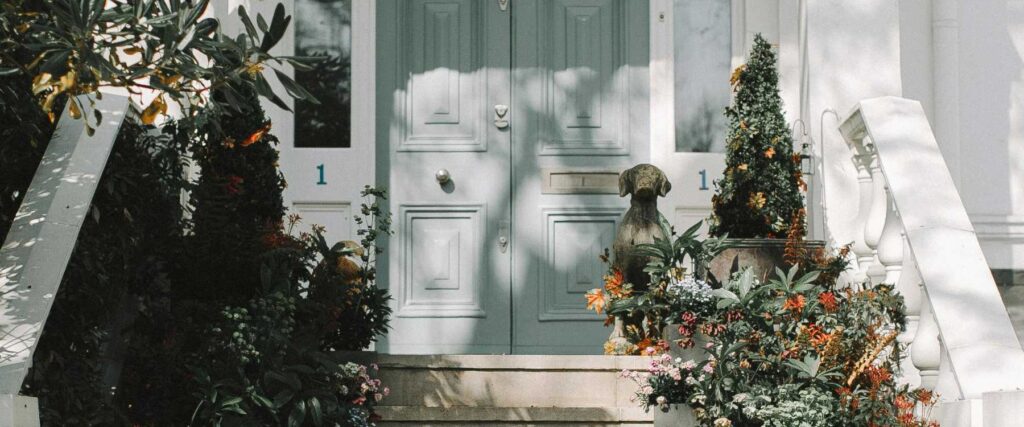Thinking about selling your leasehold property but worried about a short lease? You’re not alone.
Many homeowners find that mortgage lenders are reluctant to approve loans for properties with short leases, making it harder to sell.
Why mortgage lenders avoid short leasehold properties
Most buyers need a mortgage to buy a home—but mortgage lenders are cautious when it comes to leasehold properties, especially if the lease is nearing its end. Why? When it comes to leasehold properties, mortgage lenders have strict rules about lease lengths to reduce their financial risk. A shorter lease can make it harder for buyers to secure a mortgage, reducing the pool of potential buyers and delaying your sale.
Lender requirements for leasehold properties
According to Money Saving Expert, Martin Lewis, most mortgage providers require:
- A minimum lease term of at least 70-85 years at the start of the mortgage.
- At least 30-40 years remaining after the mortgage ends to ensure the property has long-term value.
If your lease is less than 80 years, it’s already considered “short”—and that’s where things get tricky. When it falls below these thresholds, securing a mortgage and finding a buyer becomes much harder, so your pool of potential buyers shrinks.
Why short leasehold properties cause problems for mortgage lenders
- Depreciating property value – As the lease term reduces, the value of the property also declines, making it less attractive to buyers and lenders.
- Marriage value costs – Once a lease falls below 80 years, the cost to extend it increases significantly due to ‘marriage value’. This is an additional premium payable to the freeholder because the value of the property increases once the lease is extended. The closer the lease gets to expiry, the more expensive it becomes to extend.
- Mortgage lender restrictions – Many lenders simply won’t approve mortgages for leases under 60-70 years, meaning fewer buyers can get financing.
- Difficult to sell – A property with a short lease can sit on the market for months—sometimes years—while owners struggle to find a buyer willing to pay for an extension.

What are your options?
If you’re considering selling a leasehold property with a lease nearing or below these thresholds, it’s essential to be proactive:
- Lease extension: Extending the lease before selling can make the property more appealing to buyers and mortgage lenders. You can usually extend your lease if you’ve owned the property for at least 2 years. However, this can take time, so it’s best to start the process early. Lease extensions can take 2–3 months, and costs vary depending on how short the lease is. Extending the lease before selling makes your property more attractive to traditional buyers and can boost the sale price.
If this is not an option for you, speak to us sooner rather than later–we could buy your house, even with a short lease. If your lease is under 80 years, it’s important to get advice early because marriage value costs make it pricier the longer you wait. - Transparent communication: Being upfront about the lease length with potential buyers and their lenders can prevent delays and complications.
- Professional advice: Consult with experts or solicitors who understand leasehold properties, and get your lease extension valuation sorted early to avoid unwanted surprises. They can guide you through your options, including the costs and legal requirements of extending a lease.
Need to sell a leasehold property?
At Any House Wanted, we buy freehold and leasehold properties, anywhere in the UK, in any condition. However, if your lease is under 60 years, your best option is to extend it before selling, or talk to us about taking on the extension process.
Seeking professional advice early from our team can avoid unnecessary delays and ensure a smoother sale of your leasehold property. You can also seek Government funded, independent advice for residential leaseholders and park home residents at lease-advice.org.









